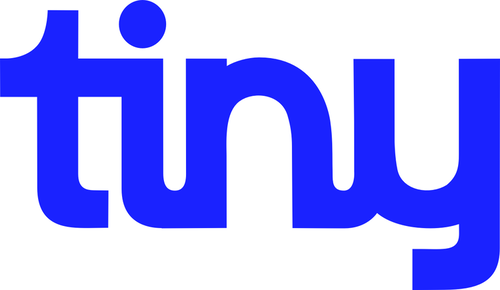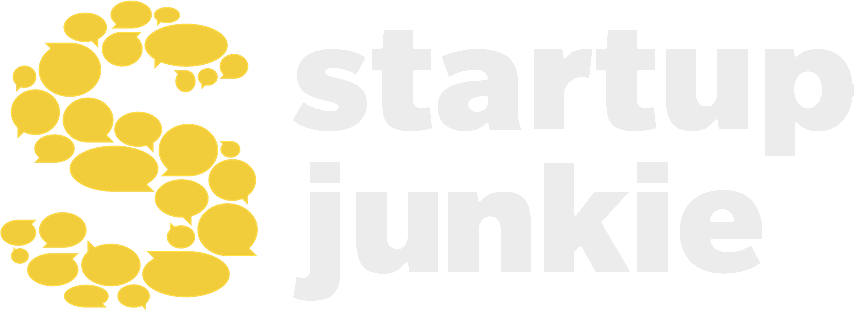230: Launch Factory – Preparing Founders For A Successful Launch with James Hereford
Launch Factory – James Hereford (Co-founder and Partner)
요약
Welcome back to another episode of the Startup Junkies podcast! In this episode, Caleb Talley, Jeff Amerine, and Matthew Ward chat with James Hereford, co-founder and partner at Launch Factory. James is originally from Ponca City, Oklahoma, and he graduated with an undergraduate degree from the University of Oklahoma before earning an MBA from Rice University. Launch Factory is a venture studio that generates business ideas, pairs the ideas with founders, and provides the founders with the necessary tools to get the company off the ground. James and the guys talk about the venture studio model, launching businesses, planning for an exit, and much more. Thanks for listening!
쇼노트
(1:49) Introducing James Hereford and Launch Factory
(7:54) The venture studio model
(12:00) Recruiting founders
(16:29) Challenges with the scaling process
(21:59) What types of businesses is Launch Factory creating?
(23:54) Planning for an exit
(26:10) Advice for the younger self
(27:32) Wrap up
연결
인용 부호
“We prioritize finding concepts that meet a certains et of business criteria. So, you know, we want to see potential for a $100+ million exit. We want to see fundable milestones within the first two years, because that 300k only gets you so far. And so, whatever the concept is, we have to be sure that around month 12 or 15, we’re going to be able to hit a milestone that we can go and raise a seed round on.” (22:15)
Preparing Founders For A Successful Launch
James Hereford, a co-founder and partner at Launch Factory, joined Caleb, Jeff, and Matthew for this week’s episode of the Startup Junkies podcast. Originally from Ponca City, Oklahoma, James attended the University of Oklahoma for undergraduate studies, eventually earning an MBA from Rice University as well. While he was working for Chevron, James received a call from Brad Chisum, who was looking for a program manager for his company, which Google had recently acquired.
After a couple of years working as a program manager for sensor technology with Google, James transitioned into a role as chief of staff for the Technology Engineering division of Google’s Hardware Product Area. While serving in this role, James again received a call from Brad about helping him create a new business, Launch Factory.
Launch Factory is a venture studio, meaning that it essentially creates startups. The company generates business ideas, pairs the ideas with founders, and provides the founders with the resources necessary to build the business. The main difference between the venture studio model and incubators or accelerators is that venture studios do not partner with established entrepreneurs and startups. Instead, they create them.
Each business that works under Launch Factory begins with a $300,000 fund and a $1.25 million valuation to keep them afloat through the two year incubation period. Founders are allowed to take up to $50,000 per year in salary, which is unique for startup founders. Paying founders a wage in the first two years breaks down barriers and allows people to become founders when they would otherwise not be able to.
Prospective founders typically maintain their full-time position with other companies until being chosen by Launch Factory. James and Brad purposefully designed their application and recruitment program so that all of the work occurs on the weekend. With applicants holding full-time positions elsewhere, the program’s tasks are made to take no more than 10 hours per week. Potential founders are allowed to work remotely until they officially on-board as the founder of their company. At this point, they must live in San Diego during the two-year incubation period.
Regarding the types of businesses that Launch Factory wants to create, they do not restrict themselves to a particular vertical or industry. Instead, they prioritize finding concepts that meet a specific set of business criteria. For example, they want to see the potential for a $100 million or larger exit. They also focus on opportunities with realistic fundable milestones that they can reach within the first two years. They understand that the initial $300,000 can only float an idea for so long, and they hope to reach a milestone around 12 to 15 months that they can raise a seed round on.
One way that Launch Factory assists its founders is through its strategic exit committee. Each budding company gets a committee the moment the company is founded, and the purpose is to plan for a successful exit from day one. This committee helps the founders make choices along the way that lead to the best possible exit. Whether it is raising capital, scaling, or other decisions, it is all done with a successful exit in mind.
Are you interested in applying to be a founder with Launch Factory? Apply Here!

당신의 멋진 인터넷 사업을 팔고 싶나요?
Tiny는 창립자와 협력하여 팀과 문화를 보호하는 빠르고 간단한 종료를 제공합니다. 우리는 일주일 안에 제안을 하고, 한 달 안에 거래를 성사시키며, 장기간 귀하의 사업을 운영할 것입니다.
다음 주소로 연락하세요. tinycapital.com, 며칠 내로 알려드리겠습니다.
